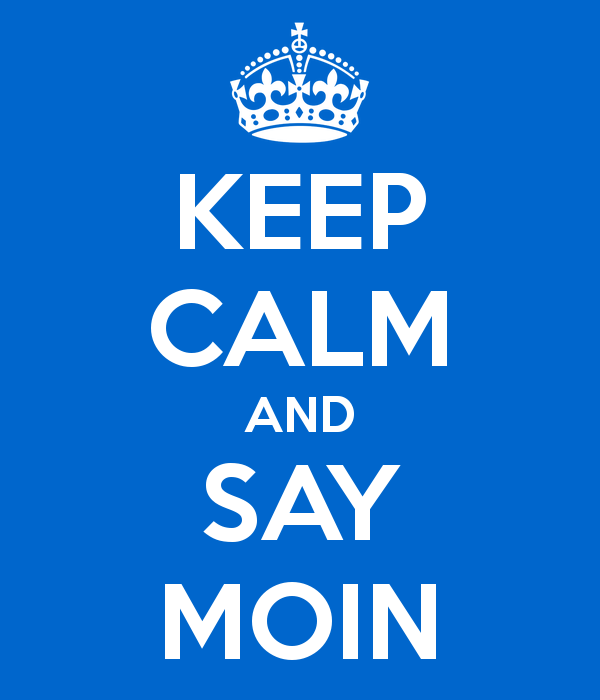This article from “visualcapitalist.com” is from 2020, but I personally believe that this is still accurate for at least the top 5 of each generation’s brand awareness.
This graph can be a useful guide for several business decisions, especially for “affiliate” marketers – I would assume, but even for manufacturers who want to target an age demographic it will provide a guideline to launch their products on successful platforms.
Source: www.visualcapitalist.com

For more details, please visit the original article, but I want to list part of this interesting article here.
Ranked: Top Brands by Generation
Gen Z and Millennials (18-34)
Sony-owned PlayStation holds the title for the most intimate brand among Millennials, climbing up from the 8th spot in 2019. Impressively, more than 50% of Millennials have an emotional connection to the brand, with men having a particularly strong affinity for it.
Having recently celebrated its 25th anniversary, the gaming brand’s success has been fueled by the increasing popularity of multiplayer and professional gaming, as well as new product innovation—with five of the ten best-selling consoles owned by PlayStation.
| Rank | Brand | Score | Industry |
|---|---|---|---|
| #1 | PlayStation | 78.3 | Media and Entertainment |
| #2 | Amazon | 76.6 | Retail |
| #3 | Target | 68.7 | Retail |
| #4 | Disney | 67.8 | Media and Entertainment |
| #5 | Ford | 67.4 | Automotive |
| #6 | Jeep | 66.8 | Automotive |
| #7 | Apple | 65.9 | Technology |
| #8 | YouTube | 63.0 | Media and Entertainment |
| #9 | Xbox | 59.8 | Media and Entertainment |
| #10 | Nintendo | 56.8 | Media and Entertainment |
Interestingly, when Gen Z (18-24) is singled out, Microsoft-owned Xbox ranks as #1, increasing its score to 73.5 in 2020 from 49.7 in 2018.
Gen X (35-54)
As the generational middle child, Gen X did not grow up with the same access to technology. However, their tech adoption is almost on par with Millennials, with similar adoption rates across tablet and smartphone ownership.
It is no surprise, therefore, that Apple has captured the hearts of this generation, sitting proudly in the first place. When the iPhone launched in 2007, this group was between 22-41 years old, so they have likely been loyal followers of the tech brand since its earlier days.
| Rank | Brand | Score | Industry |
|---|---|---|---|
| #1 | Apple | 72.1 | Technology |
| #2 | Amazon | 66.8 | Retail |
| #3 | Netlix | 66.1 | Media and Entertainment |
| #4 | Jeep | 65.1 | Automotive |
| #5 | Disney | 65.0 | Media and Entertainment |
| #6 | Ford | 63.6 | Automotive |
| #7 | Samsung | 58.5 | Technology |
| #8 | Xbox | 57.0 | Media and Entertainment |
| #9 | Walmart | 55.2 | Retail |
| #10 | Nike | 54.6 | Apparel |
While this generation has no qualms about shopping online, 72% of them shop in brick-and-mortar stores and are satisfied with doing so—which may be part of the reason why retail giant Walmart joins Amazon in the top 10.
Baby Boomers (55-64)
Controlling almost 70% of disposable income in the U.S., Baby Boomers are arguably the most influential of all consumer groups.
While they feel the most emotionally connected to Amazon, it’s also true that Apple was another tech brand to win the affection of this age group.
| Rank | Brand | Score | Industry |
|---|---|---|---|
| #1 | Amazon | 70.0 | Retail |
| #2 | Toyota | 63.6 | Automotive |
| #3 | Apple | 61.4 | Technology |
| #4 | Costco | 61.2 | Retail |
| #5 | Macy’s | 55.2 | Retail |
| #6 | Hershey’s | 54.8 | Consumer Packaged Goods |
| #7 | Hewlett-Packard | 54.4 | Technology |
| #8 | Pillsbury | 51.8 | Consumer Packaged Goods |
| #9 | Kellogg’s | 50.0 | Consumer Packaged Goods |
| #10 | Pepsi | 50.0 | Consumer Packaged Goods |
This generation dominates almost 50% of consumer packaged goods (CPG) sales in the U.S.—which likely explains why the rest of their top brands are more traditional household names, such as Macy’s, Hershey’s, and Kellogg’s.
It is also clear from the ranking that this group values brands with nostalgic qualities, as well as the ability to provide them with moments of indulgence.


